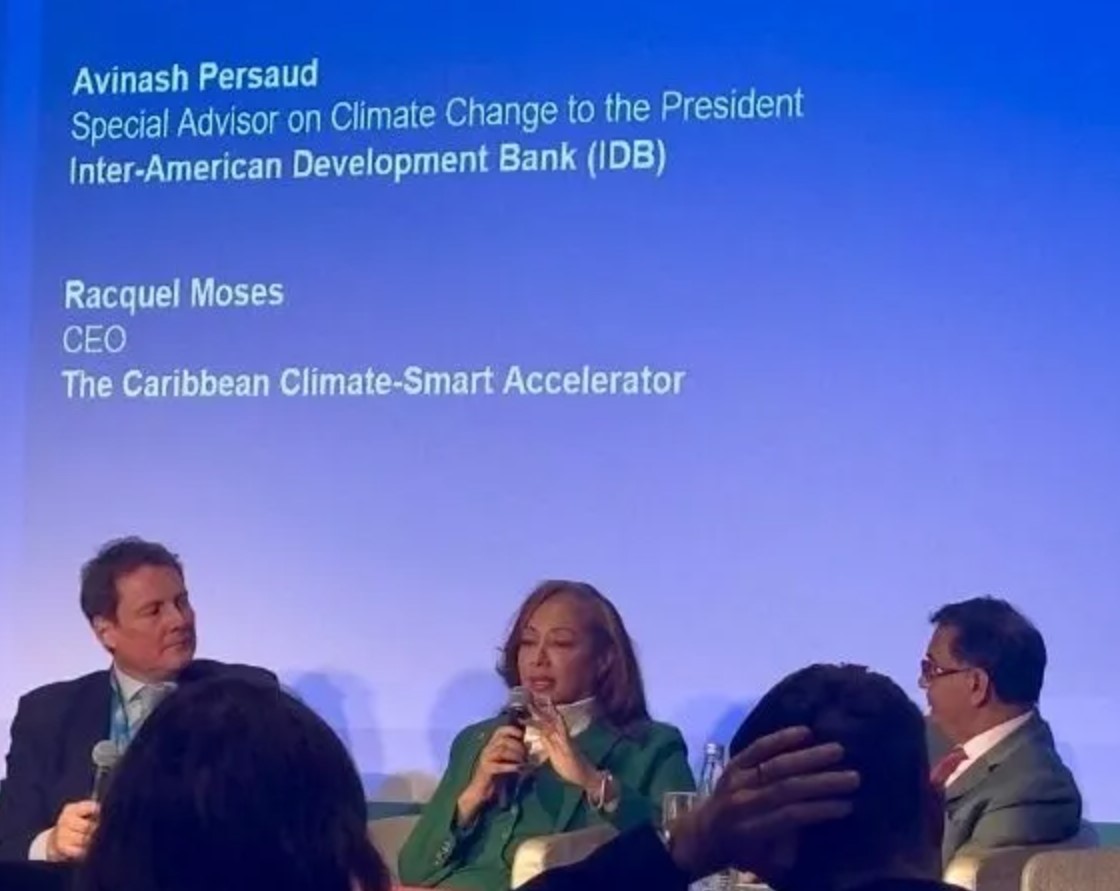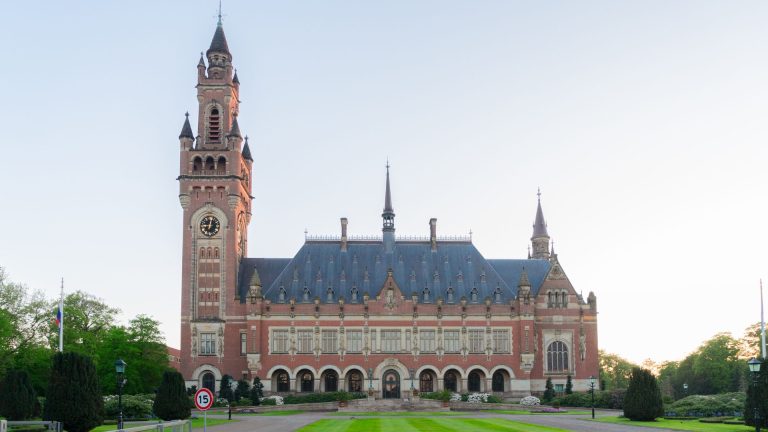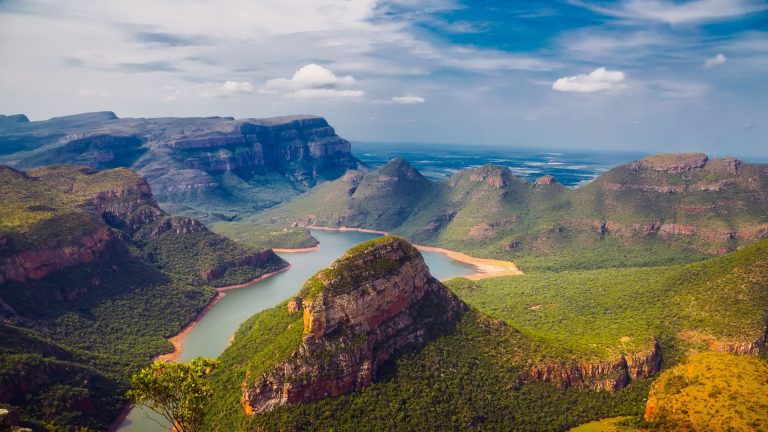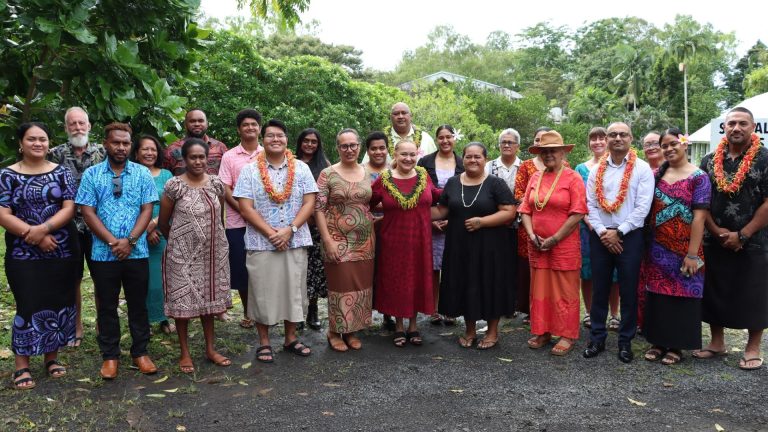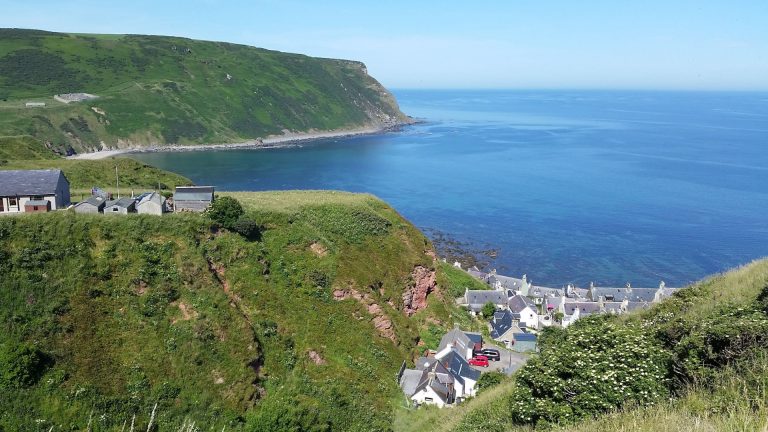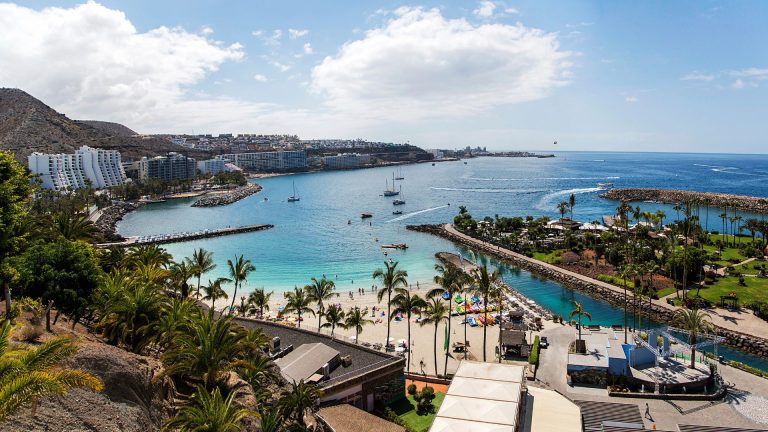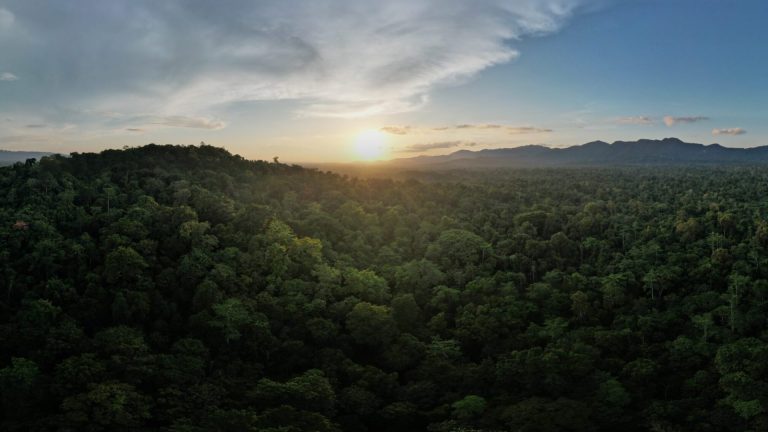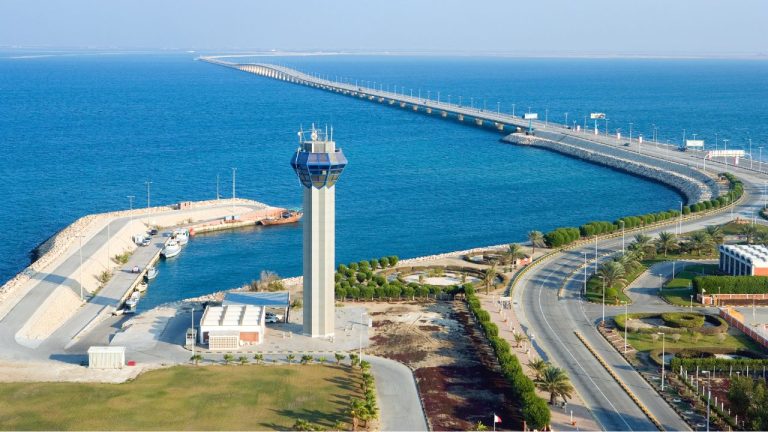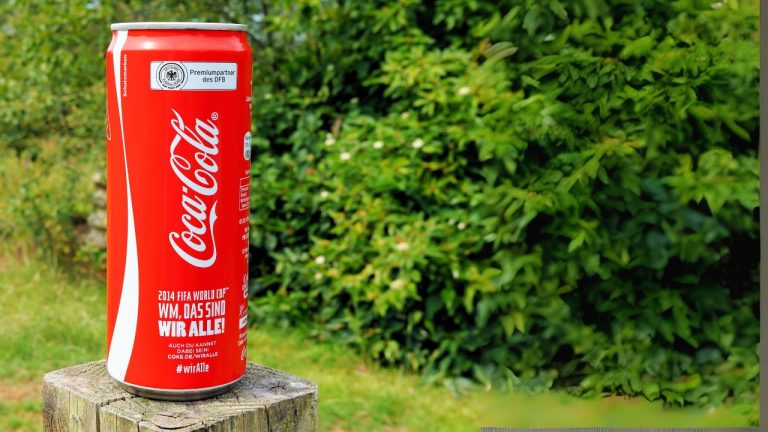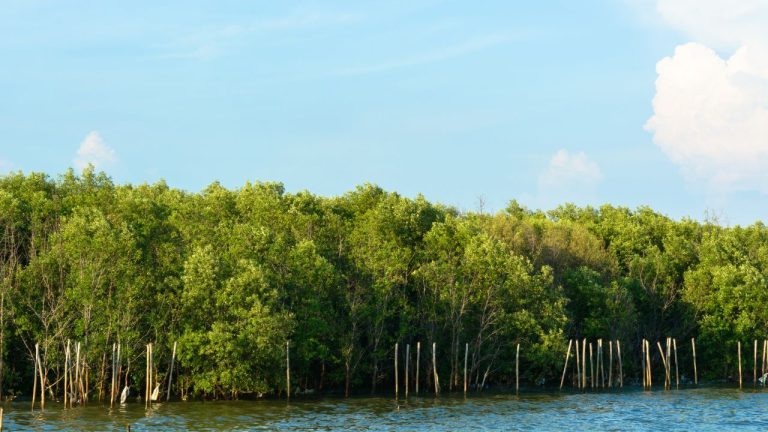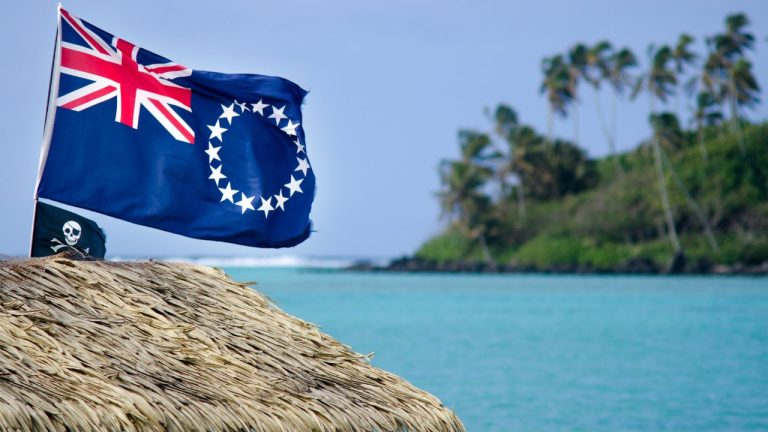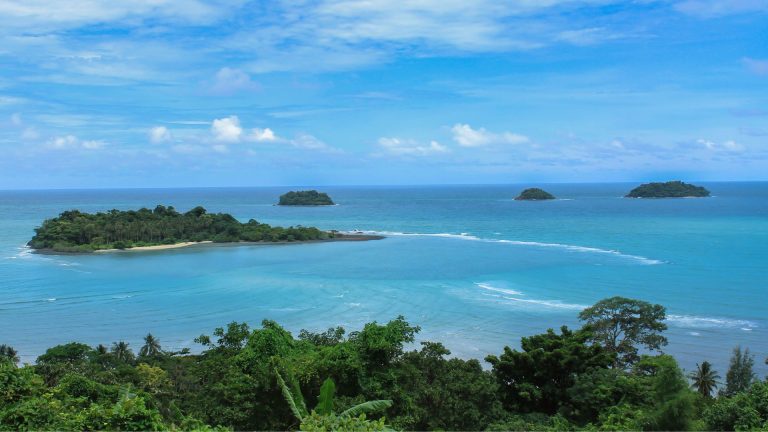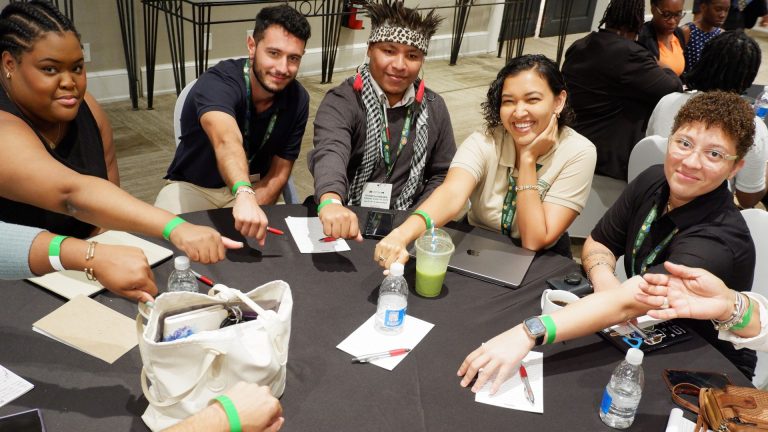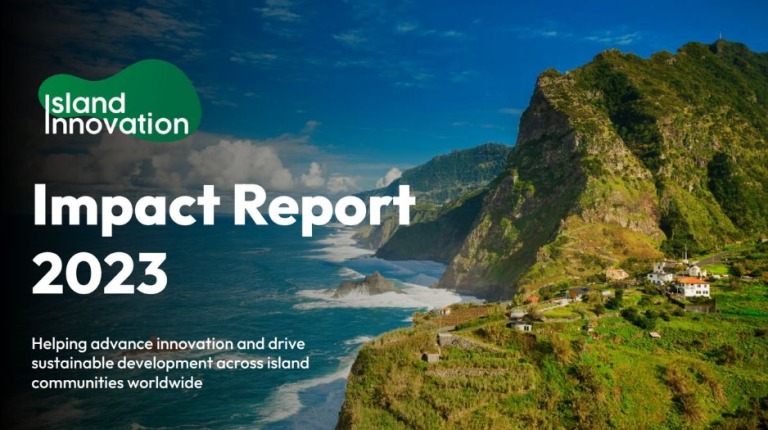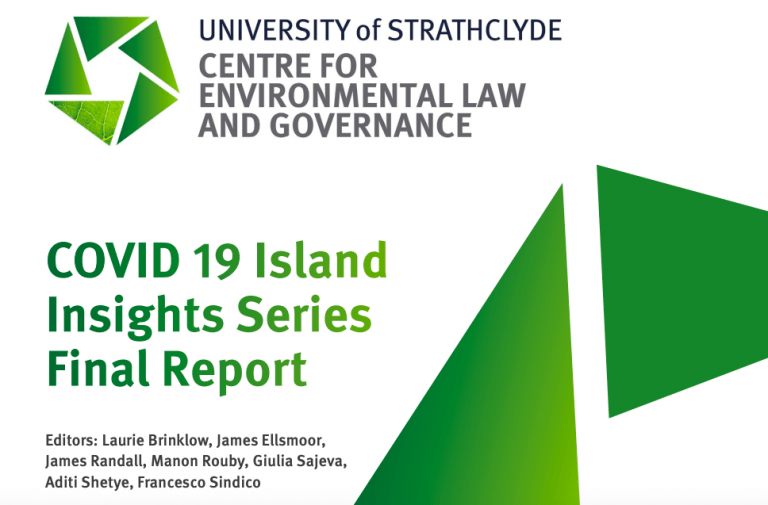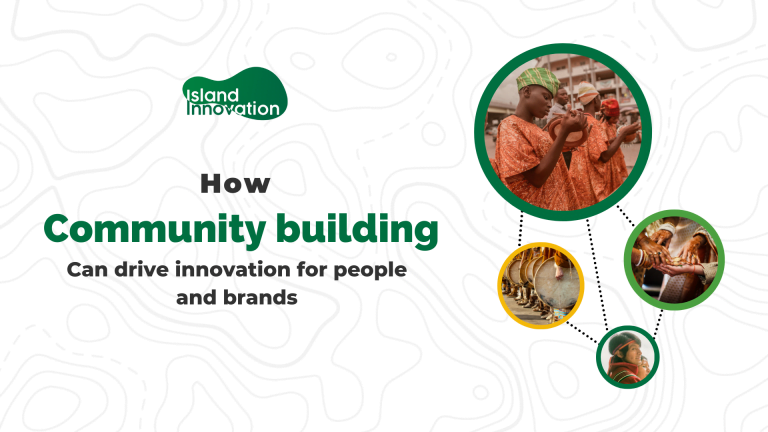Excerpt and Photo from yorkshirebylines.co.uk
“Current climate commitments, leading the world to well over 2°C of warming, would bring disastrous and irreversible consequences for billions of people from global ice loss.” This powerful statement was the main thrust of the ‘State of the Cryosphere 2024 – Lost Ice, Global Damage’ report, published this week.
The report was the product of an international collaboration of over 50 cryosphere scientists who highlighted that “the costs of loss and damage will be even more extreme, with many regions experiencing sea level rise or water resource loss well beyond adaptation limits in this century if our current level of emissions continues – leading towards a rise of 3°C or more”.
State of the Cryosphere
Unfortunately, this new report barely made a media splash this week, even at a time when the annual global climate conference, COP29, is under way. With nationally determined contributions (NDCs) from countries around the world expected between now and 2025, this new report emphasised the locked-in urgency of some of the climate choices of countries. “Current NDCs are not sufficient to prevent significant overshoot of 1.5°C, with many governments delaying meaningful mitigation to 2040, 2050, or beyond.”
The report noted that these delays “will lead to CO2 levels in the atmosphere near 500 ppm, well above the critical 450 ppm level identified decades ago by polar marine scientists”.
Today’s scientists warn that atmospheric CO2 emissions have continued to rise, despite greater climate awareness, and that if the current pace continues then, “global temperatures will reach at least 3°C by the end of the century”. This year, 2024, is set to be the first year where 1.5C above pre-industrial levels will be broken. Although a longer-term average of 20 years is necessary to eliminate variability, this news serves as a warning alarm to those communities facing the early brunt of climate extremes.
The report also warned of the dangers of tipping points for ice sheets being crossed knowingly or unknowingly. The loss and damage from the cryosphere at this level, “will be extreme, well beyond limits of adaptation for many communities and nations”.

